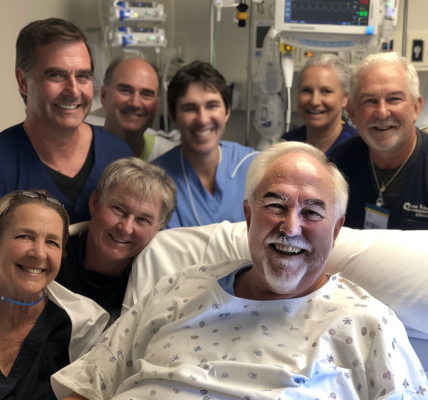New research has revealed surprising outcomes in overdose-related cardiac arrests. A study published in the Journal of the American Heart Association found that people whose hearts suddenly stop due to a drug overdose are younger, have fewer health problems, and are more likely to survive with fewer neurological problems than those whose out-of-hospital cardiac arrests are due to other causes.
The research, based on data from the national Cardiac Arrest Registry to Enhance Survival (CARES) database, compared out-of-hospital cardiac arrests from drug overdoses to those from other causes. Among 360,000 cardiac arrests from 2017 to 2021, 8% were caused by drug overdoses.
According to the study, drug-related cardiac arrests were less likely to be witnessed by someone and less likely to have a shockable heart rhythm that could respond to a defibrillator. However, despite these factors, people with drug-related cardiac arrests were significantly more likely to survive and had better neurological outcomes.
The majority of people with drug-related cardiac arrests – about 95% – initially had a nonshockable heart rhythm, compared to 79% of those whose hearts stopped for other reasons. Yet, they were twice as likely to return to independent living and perform daily living activities without assistance compared to those who had cardiac arrests due to other causes.
Cardiac arrest occurs when the heart suddenly stops beating, and roughly 350,000 cardiac arrests occur outside the hospital each year, according to the American Heart Association. While the majority of these are due to heart attacks or electrical issues with the heart, opioid overdose-related cardiac arrests are a major cause of death for adults 25 to 64 years old.
Lead study author Aditya C. Shekhar, a medical student at the Icahn School of Medicine at Mount Sinai in New York City, emphasized the importance of understanding and treating these types of cardiac arrests in light of the recent increases in drug overdose-associated deaths.
The findings shed light on the unique characteristics and outcomes of overdose-related cardiac arrests, highlighting the need for improved understanding and targeted interventions in addressing the public health challenges associated with drug overdoses.





